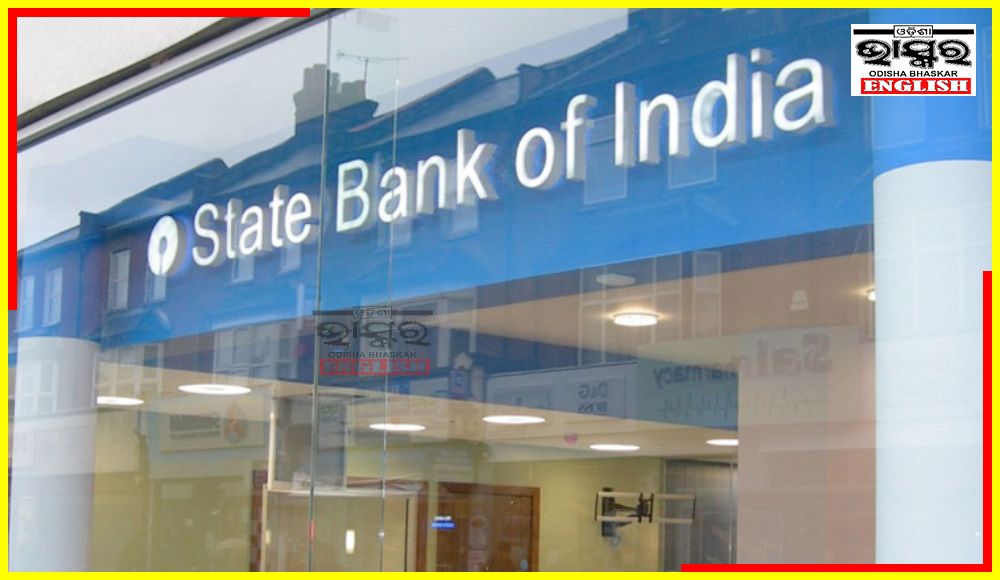New Delhi: The State Bank of India (SBI) has declined to reveal the details of electoral bonds submitted to the Election Commission (EC) under the RTI Act. Despite these records being publicly accessible on the EC’s website, the SBI cited the information as personal and held in a fiduciary capacity.
However, on February 15, the Supreme Court deemed the electoral bonds scheme unconstitutional and directed the SBI to provide complete bond details purchased since April 12, 2019, to the EC. The EC was then instructed to publish this information by March 13.
Following a dismissal of SBI’s petition for an extension, the court ordered the bank to disclose the bond details to the EC by March 12 close of business hours.
Despite these directives, RTI activist Commodore (retired) Lokesh Batra’s request for digital bond data post the court’s order was denied by the SBI, citing RTI Act exemptions.
Additionally, Batra’s inquiry into the fees paid to senior advocate Harish Salve was rebuffed by the SBI on similar grounds, although the information pertains to taxpayers’ money.
Despite the SBI’s refusal, the EC published the bond data on March 14, revealing donor and political party details.
However, on March 15, the Supreme Court rebuked the SBI for incomplete information, emphasizing its duty to disclose all bond details, including purchaser names, amounts, and purchase dates.
The SBI disclosed that 22,217 electoral bonds were purchased between April 1, 2019, and February 15 this year, with 22,030 redeemed by political parties.




Comments are closed.